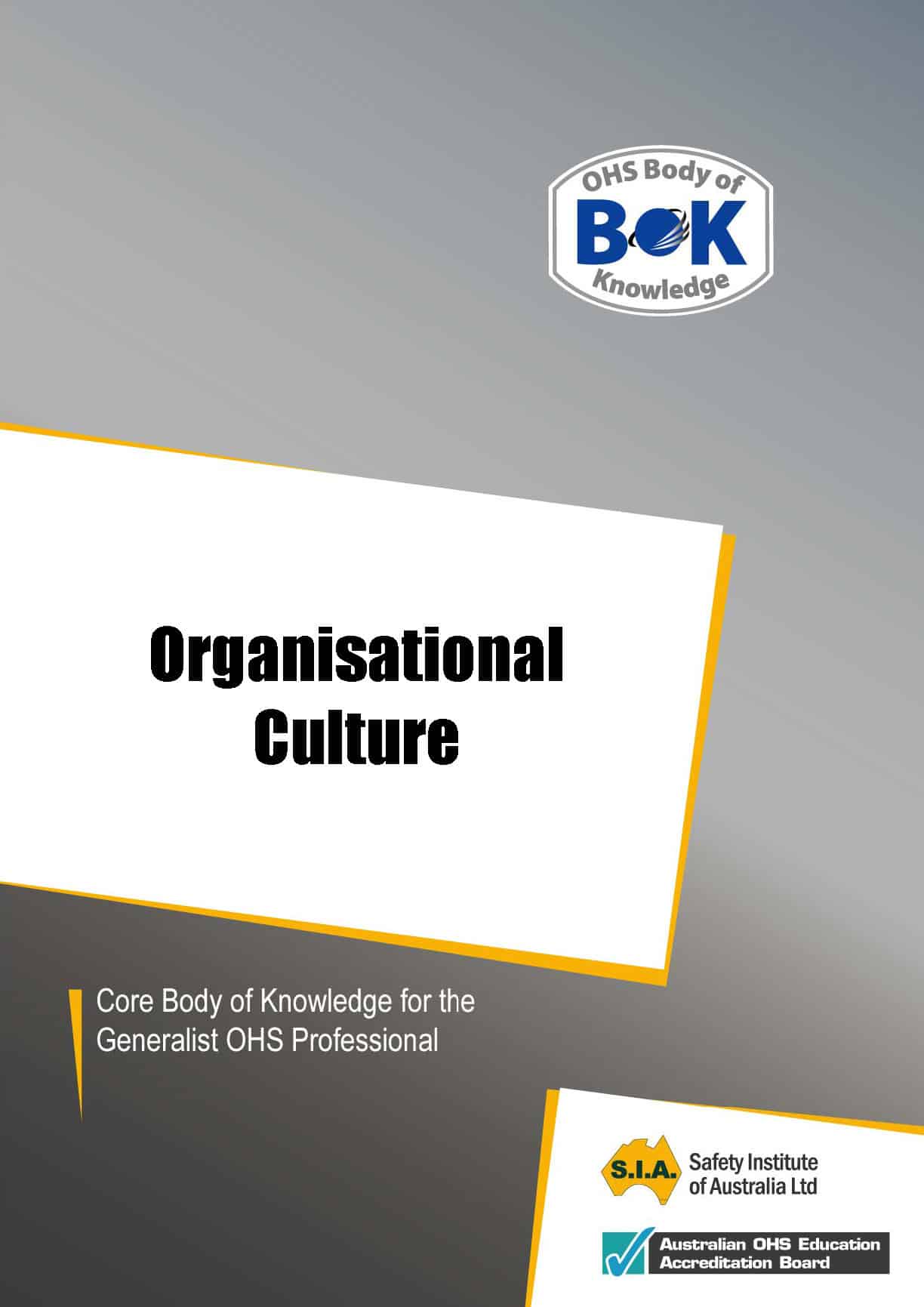The recent launch of several new chapters of the OHS Body of Knowledge (OHSBoK), associated with the Safety Institute of Australia, did not allow for questions from the audience but I was able to catch up with the coordinator of the project, Pam Pryor, and put my questions directly. (My thanks go to Pam for her honesty and time.)
One of the intentions of the OSHBoK has been to maintain currency and relevance. Was there a plan to review and revise the existing chapters? Pryor advised that there is a seven-year review schedule for all chapters. Some chapters may need reviewing earlier, particularly if there are references to specific legislation and that legislation has changed.
Is there a plan to establish an index or to improve searchability?


 In developing harm reduction and prevention strategies, the occupational health and safety (OHS) profession likes to look at worst case scenarios on the understanding that dealing with an extreme event introduces mechanisms that deal with lesser events. Partly this is a legacy of
In developing harm reduction and prevention strategies, the occupational health and safety (OHS) profession likes to look at worst case scenarios on the understanding that dealing with an extreme event introduces mechanisms that deal with lesser events. Partly this is a legacy of